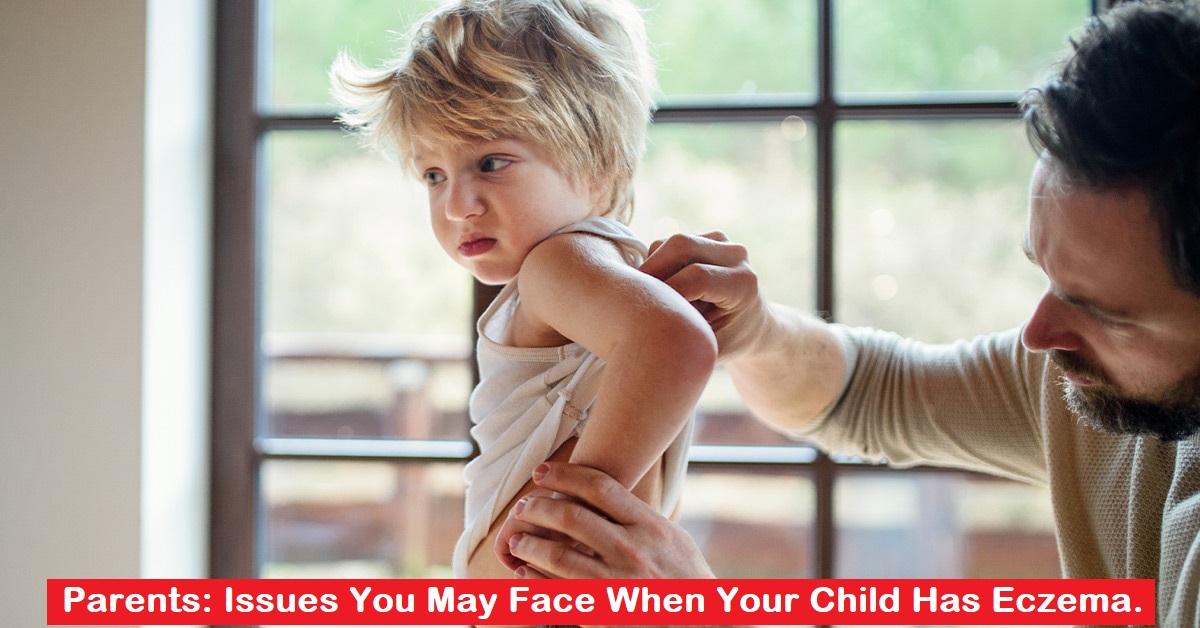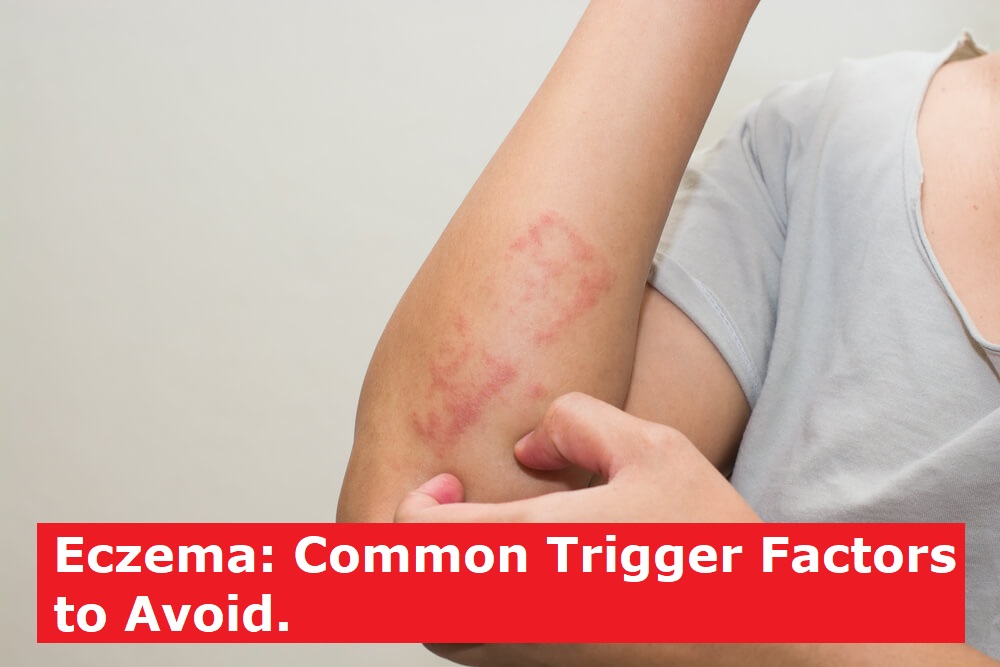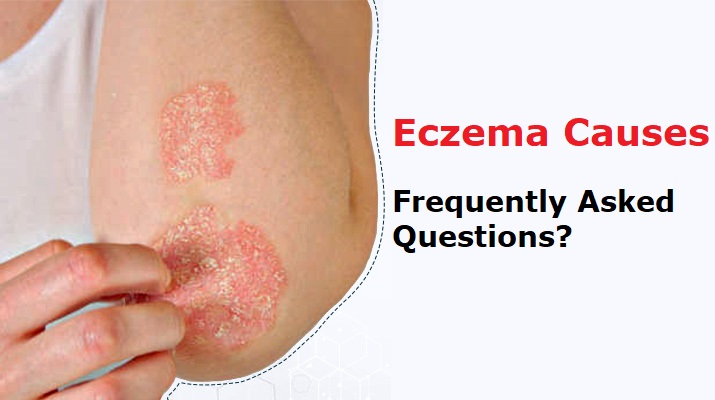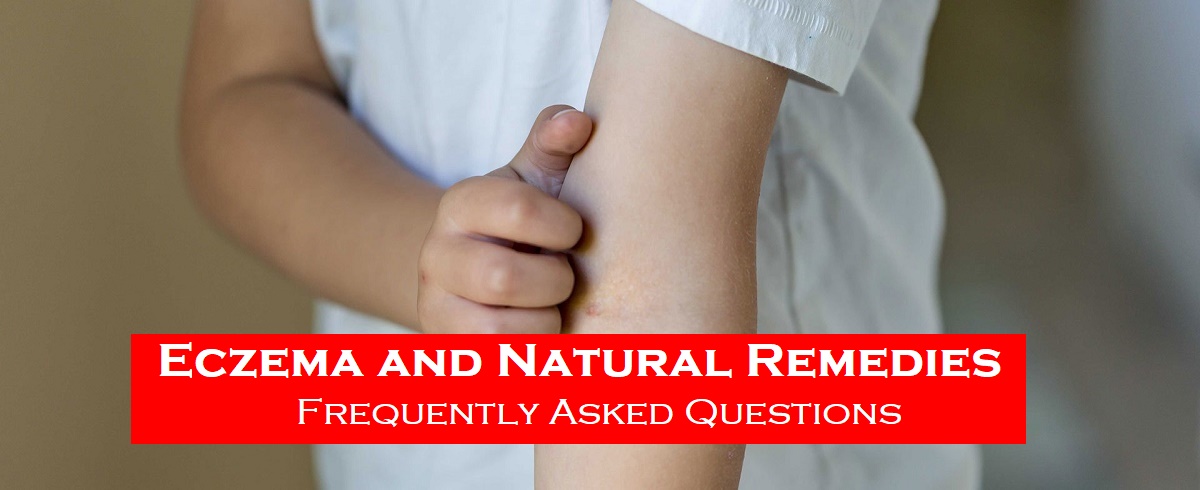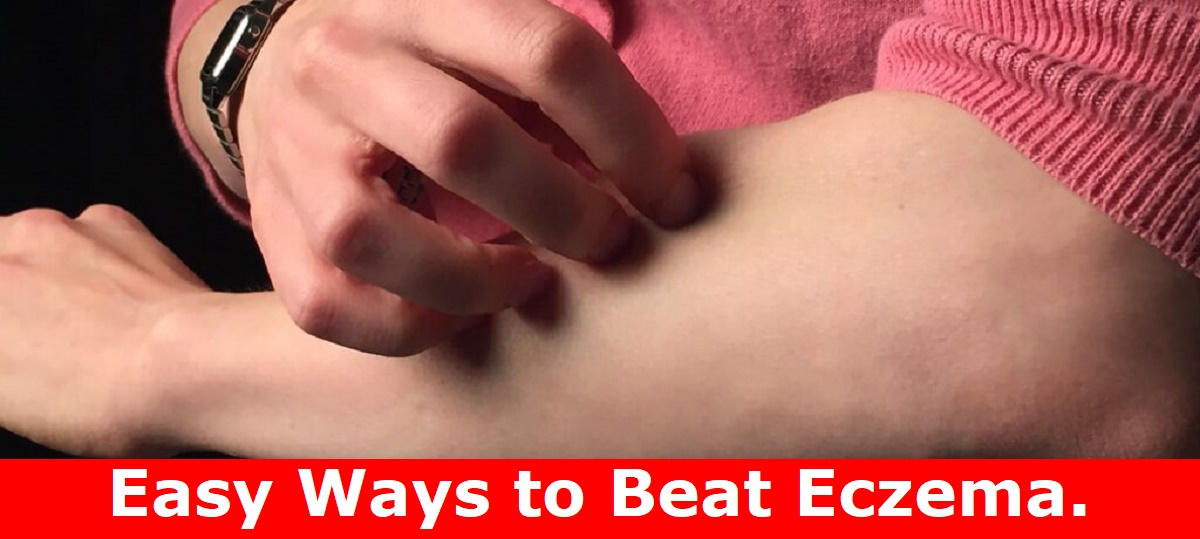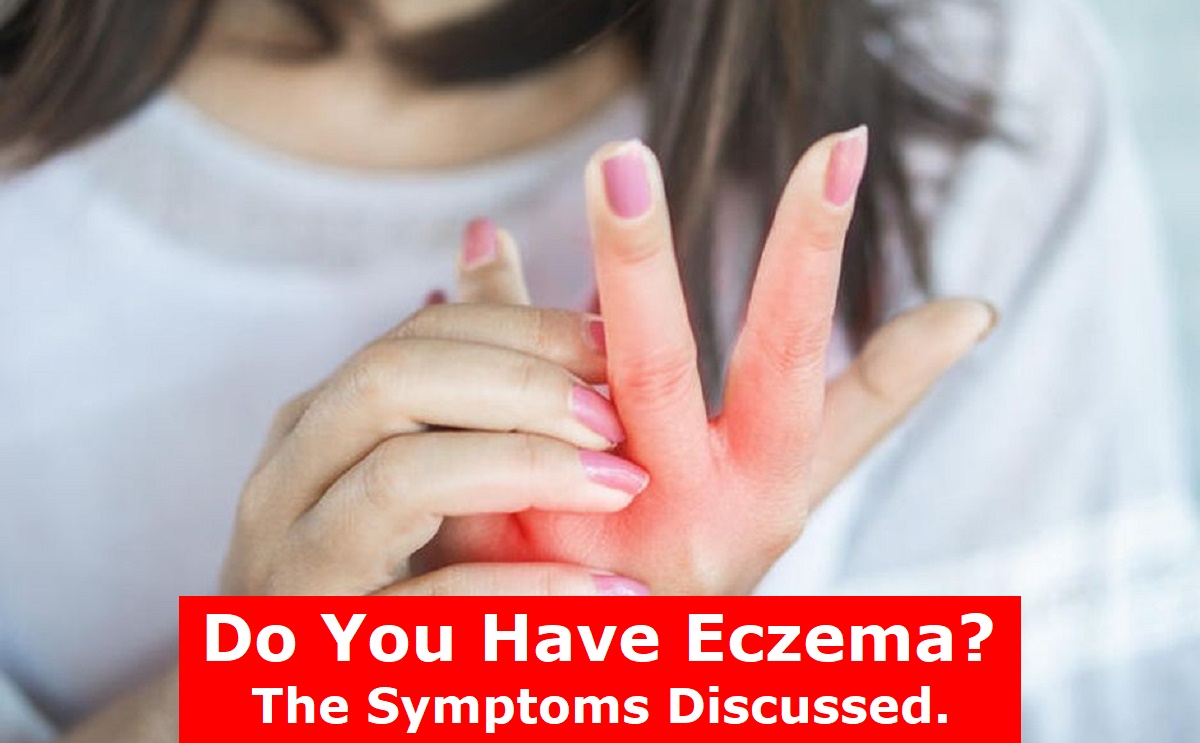Parents: How to Discuss Eczema with Other Parents?

Are you the parent of a child was has eczema? If so, get use to stares on the playground and whispering from other parents. Unfortunately, many people mistakenly believe eczema is a contagious skin condition, but it is not. In fact, you may need to start a discussion with other parents to stop the worry. It is your decision as to whether you want to wait until other parents ask you about your child's rash or if you want to start the discussion yourself. Either way, continue reading on for a few helpful talking points. A great way to discuss your child's eczema with other parents is to share what you know. Eczema is inflammation of the skin. Basically, your child's skin is irritated. Tell other parents that there are many reasons for eczema, including the weather, airborne allergens, and contact with certain chemicals. Close contact with the skin results in itching, only your child can't stop, so a rash develops. As dangerous looking as that rash may look, it is har...

